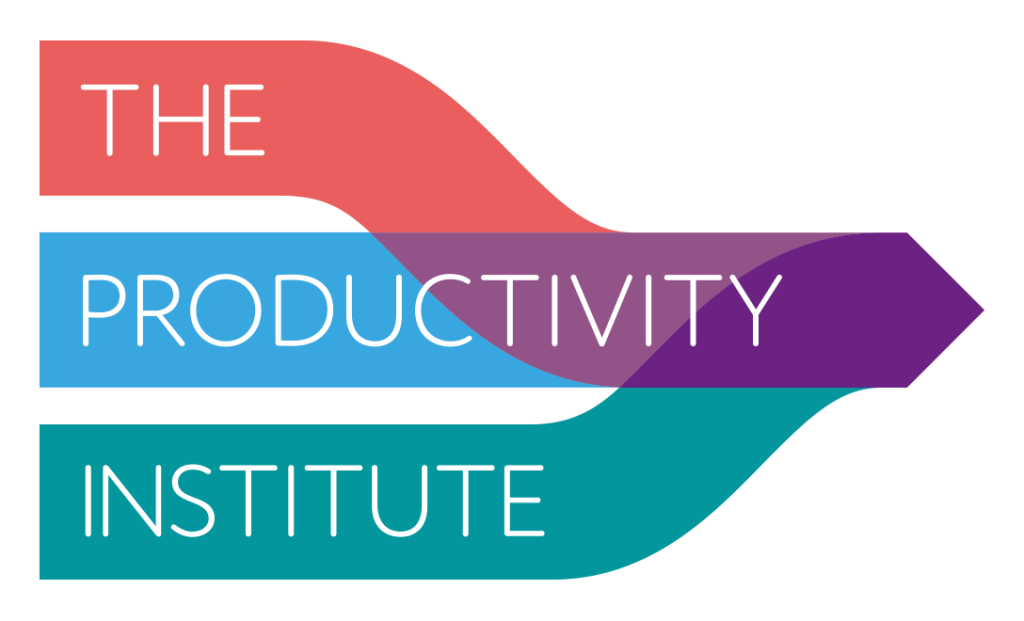London, 18 March 2022: a new report from Be the Business, tracking business performance and management capabilities has found business leaders are positioning themselves to improve productivity levels.
Trends have emerged over the past year including increased adoption of e-commerce, and greater emphasis on measuring business performance and strategic planning.
The Productive Business Index (PBI) is derived from a survey of over 1,000 directors of companies with 2-249 employees. The PBI features a headline number, indicating the overall health of businesses, and sub-indices which provide insight on key productivity drivers such as management skills; technology adoption; training and HR; operating efficiency; and innovation.
The latest report finds that more than half (53%) of leaders measure productivity levels within their business. Measuring performance is widely seen as a precursor to business leaders taking steps to improve productivity.
Adoption of technology – another driver of productivity gains has also increased. Business leaders reported more confidence in their use of e-commerce services, as well as higher levels of planned investment in the same technology.
In Q1 2022, the headline PBI has increased from 119.0 to 121.1, the highest score since the series launched a year ago, underpinned by an increase in business capabilities.
Labour costs and skill shortages holding businesses back
The general economic climate was cited by almost four in 10 (38%) business leaders as the top barrier to business growth, while competition from other businesses in the sector was identified by a quarter (25%) of leaders as a key constraint to business growth. The biggest change compared to a year ago was a rise in the number of respondents citing labour costs as a constraint on performance – now 22 per cent, up from 16 per cent a year ago.
Looking more closely at individual sectors, nearly half of business leaders in the accommodation and food services sector (48%) say rising energy costs is their greatest pressure. Elsewhere, nearly a quarter of businesses (24%) are continuing to grapple with ongoing supply chain disruptions, impacting manufacturing firms and wholesale businesses most significantly.
Anthony Impey MBE, CEO, Be the Business, said: “We’ve witnessed some notable changes in business leader behaviour over the past year. More businesses are adopting technology, particularly e-commerce which can add important revenue streams. These are positive signs that businesses have focused on becoming more resilient but trends will need to continue if we are to see sustained improvements in SME productivity.”
Notes to editors
The new report: Productive Business Index Edition 4 Q1 2022 can be found at https://www.bethebusiness.com/our-thinking/be-the-business-productive-business-index-edition-four-q1-2022/
The data is derived from a large scale survey of 1,004 directors and above working in companies of 2 - 249 employees conducted by Opinium between 17/01/22 - 20/01/2022.
Be the Business worked with Oxford Economics to develop a model for tracking Business Tendencies and Business Capabilities, exploring business sentiment, their key capabilities, and actions taken to improve capabilities, driving sustainable and productive growth.
About Be the Business
Be the Business are the small business productivity champions. We inspire behaviour change in business leaders to deliver greater productivity by convening private sector expertise, innovating impactful programmes and identifying ways to increase demand for business support.
In doing so, we aim to transform the UK economy, raise the value of businesses in our communities, safeguard jobs and improve standards of living.
We offer access to experts who can help others understand the UK's productivity puzzle; business leaders who are getting big results by doing things differently; and research focused on improving productivity.
Related
Business leaders less confident in their capabilities, but fighting to improve productivity levels
Expert-led AI event aims to boost business productivity
UK's leading productivity-focused organisations sign MoU
Stay in the know
Subscribe to our monthly Insights newsletter to hear about our upcoming research, or browse the archive.



